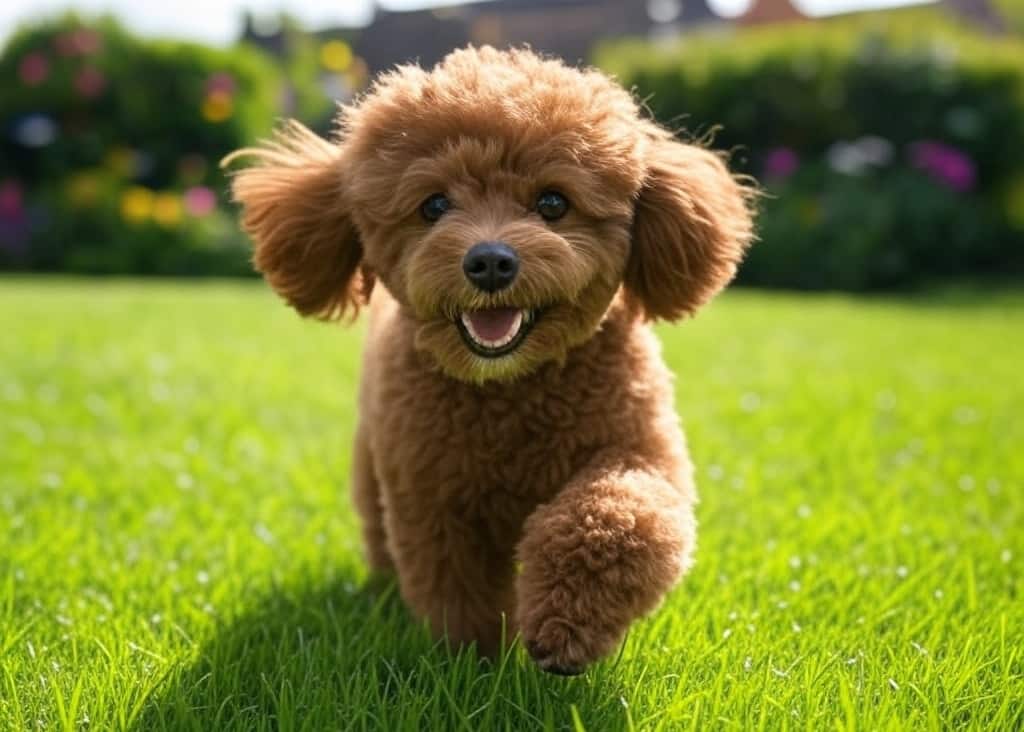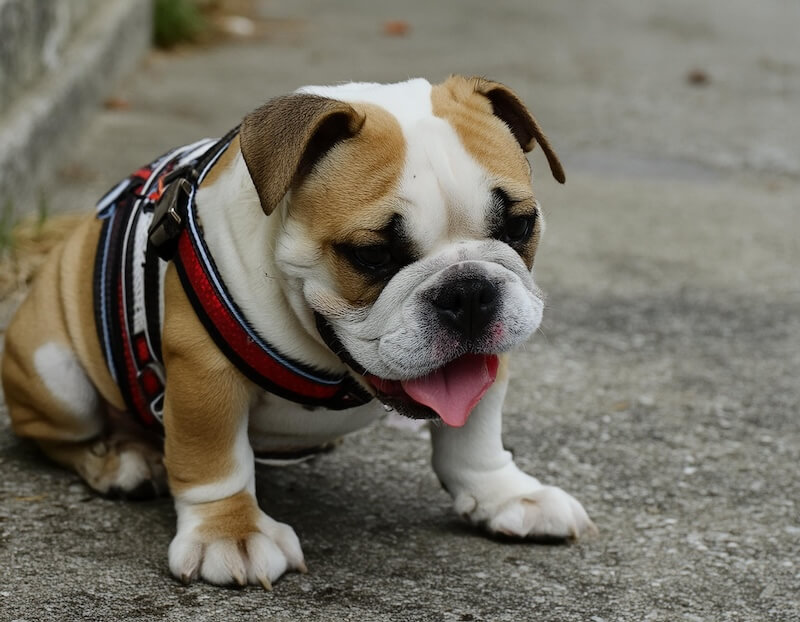Potty Training
Starting at as early as 8weeks old, potty training can typically be completed in between 1-3 weeks depending on the method and age of the puppy. It is important to make sure the environment is safe for young puppies before they have their rabies vaccine.
Puppies have very little bladder control until 5-6 months of age, meaning that it is important to take them out every 45 minutes to an hour to avoid accidents. It is also important to learn the natural queues of a puppy needing to go potty as well as pair the potty training with crate training.
Contact our Trainer (Gabriel)

Puppy Potty Queues
While there are many other times they will need to go potty, these are all easy signs.
Continued Sniffing
Circling
Before / After Play
After Sleep / Nap
After A Meal
When it comes to pairing with crate training it it's important to keep the crate small. By keeping a small crate the puppy will not want to go potty where it is laying and is also able to sleep and rest more easily. If you know you can't take your puppy outside even if they need, it I recommend keeping the, in a crate for up to 2hours. Any amount past that and you may have accidents in the crate.
Crate Training
Crate training is a key element to the success of potty training as well as sleeping through the night. While at first the puppy may whimper, the crate will become a comforting place for the, as time goes on. Dogs are denning animals and so they take comfort in being in dark enclosed spaces. To help your puppy go to sleep you can place a blanket over the top of the crate. When the puppy whimpers or yelps, clearly not asking to go potty, you should lightly hit the top of the crate to make as light rattle sound. This is not to scare or harm the puppy, but simply to give a discouragement toward the vocalization. It is also important to have a planned potty brake during the night. It is better to wake up and take your puppy outside as opposed to them waking you up through whining.


Resource Guarding
Resource guarding is a common behavior that can develop in puppies and dogs most commonly starting at 10 weeks of age, but can develop at any time after that without proper care. The important things to understand with resource guarding is that it can help to have set meal times. If you leave food out all day then they have free access to it and so feel as though it is theirs to guard. Instead we should have our dogs sit and wait for their food while we prepare it. Place the bowl on the floor, keeping them in a "sit and stay" and then release them to enjoy their food. It can also help to add a little food while their head is in the bowl to build trust and keep any resource guarding from developing.
The same goes for toys. Toys should be offered to your dog throughout the day, but they should not start each day with free access to all things. This helps mostly with children being around so that your dog does not fight or guard from children playing with them.
Socialization
It is important to start socialization for a puppy early. If you know friends and family who have dogs invite them over to meet your puppy. Take your puppy on plenty of car rides, not talking to them even if they are nervous. Allow them to calm down.
Note: Dogs do not understand comfort, only reward and correction.
If you pet your dog while they are nervous in a car they will develop worse anxiety and so will begin to vomit and pant heavily. I recommend avoiding dog parks where other unruly dogs may be. It is important to keep your puppy in good behavior so that it stays for the rest of it's life.

Puppies Playing

Get Started
Contact Gabriel at 571-471-9922 to schedule a puppy training session.
Golden Retriever Playing

